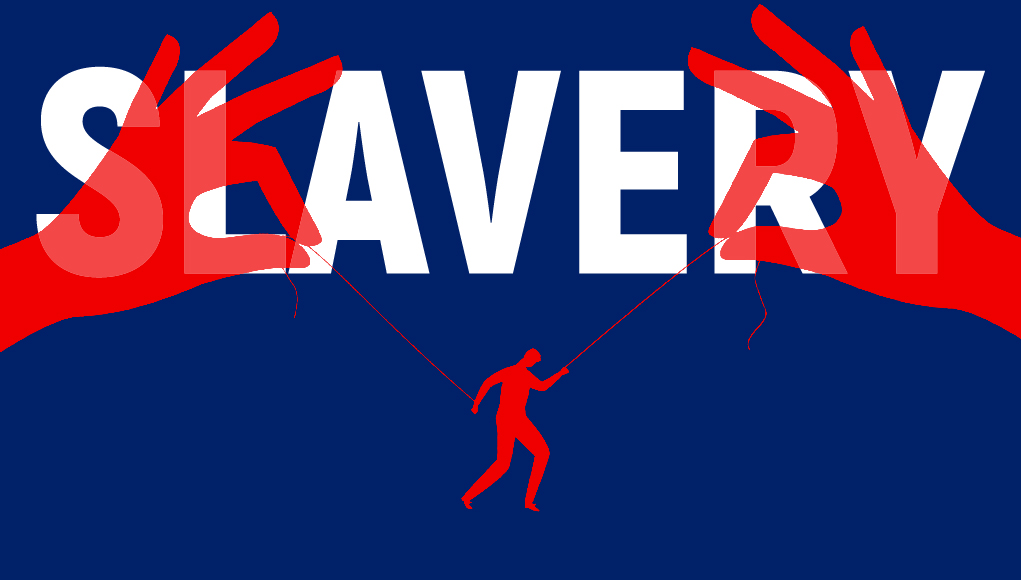Australia’s Struggle with Security And Freedom
China’s Tech Dystopia I: The Surveillance State
On a recent visit to China, the first thing that struck me was the omnipresence of surveillance cameras. They loomed on literally every street corner, a silent yet potent symbol of the state’s watchful eye. This brought to mind the unsettling parallels with George Orwell’s ‘1984,’ where constant surveillance and the distortion of truth are central to maintaining governmental power.
China’s Surveillance Web: A Reality Check
In ‘1984,’ Orwell presents a society under unrelenting watch by a totalitarian regime, an image that resonates deeply with China’s current surveillance state. By 2021, the country had deployed over 540 million surveillance cameras, a number that is only expected to grow. This vast network, integrated with advanced facial recognition and AI, is a piece of a much larger puzzle. Coupled with extensive monitoring of digital activities and the implementation of a social credit system, the Chinese government has harnessed technology to orchestrate an unprecedented level of societal oversight and control.
COVID Zero Policy: A Page from Orwell’s Playbook
The COVID-19 pandemic provided an opportunity for the Chinese government to expand its surveillance capabilities under the guise of public health. The COVID Zero policy, with its aim of eradicating the virus, saw the introduction of mandatory health apps that tracked each individuals’ movements and health status. In practice, these apps controlled where people could go, who they could meet, and enforced strict compliance with quarantine measures. While the measures were somewhat effective at controlling the spread of the virus for nearly three years, they also served to normalise a level of state intrusion into private lives previously unimaginable even within previous CCP standards.
Powerful reminder of the undeniable priority of freedom, ensuring that advancements in technology do not usher us into a new era of digital slavery.
A Real-Life ‘1984’ in China
The parallels between China’s surveillance state and Orwell’s dystopian vision are striking. Orwell’s novel portrays a society where surveillance is not only about monitoring but also about manipulating reality – a theme that finds echoes in the modern Chinese context. However, unlike Orwell’s mostly passive characters, there have been instances of resistance in China. A notable instance of this was when Shanghai’s young generation held up blank sheets of A4 paper as a form of protest, a response to censorship and representing all the unsayable things. The courage displayed by the participants in these movements provided a glimmer of hope, suggesting that the human spirit’s desire for freedom and autonomy can persist even under the most oppressive surveillance regimes.
Ethical Dilemma: Safety vs. Freedom
The ethical dilemma posed by China’s surveillance regime is profound. Is the safety provided by such a system worth the cost of individual freedoms? Benjamin Franklin coined the famous warning: ‘Those who would give up essential Liberty, to purchase a little temporary Safety, deserve neither Liberty nor Safety.’ This sentiment captures the core of the dilemma; the notion that safety must come at the expense of freedom is a slippery slope, leading to a society where individuals are under constant watch, reminiscent of modern slavery.
Australia’s Struggle with Security and Freedom

As we examine China’s approach to surveillance, it’s instructive to reflect on similar tensions experienced in Australia. The Australian government implemented strict measures to control the spread of the Covid virus, closely mirroring China’s approach. This included lockdowns, travel restrictions, extensive contact tracing, and the introduction of a vaccine passport (a policy even China didn’t implement). While these measures satisfied many, as shown by some election results, especially the 2021 WA state election, they also sparked a nationwide debate over the balance between public safety and individual liberties.
The Chinese government has harnessed technology to orchestrate an unprecedented level of societal oversight and control.
The pandemic response raised important questions about the extent to which governments can curtail freedoms in the name of security. The enforcement of lockdowns and the implementation of what many viewed as apartheid via a choice regarding vaccination led to significant disruptions in daily life and raised severe concerns about government overreach. This experience mirrors the broader global conversation about how societies value and protect individual freedoms in times of crisis.
Concluding Thoughts: Navigating the Future
As we navigate the post-pandemic world, it is crucial to learn lessons from both China’s and Australia’s experiences. The global community must engage in a thoughtful dialogue about the role of technology in governance and the paramount importance of safeguarding individual liberties. The echoes of ‘1984’ in these real-world scenarios serve as a powerful reminder of the undeniable priority of freedom, ensuring that advancements in technology do not usher us into a new era of digital slavery.
The choices made by governments and societies today will determine the role of technology in our lives and the preservation of our fundamental freedoms. As we stand at this crossroads, it is imperative that we choose a path that respects individual liberties while harnessing the benefits of technological advancements for the greater good.
Thank you for your support. To help us in our battle to protect liberty and freedom please click here

Warren escaped Communist China a decade ago to pursue education in Australia. Now a finance businessman, he passionately defends libertarian freedoms. Vigorously opposing COVID lockdowns and mandates, Warren champions traditional Western liberties, hoping Australia avoids becoming the repressive nation he left behind.










